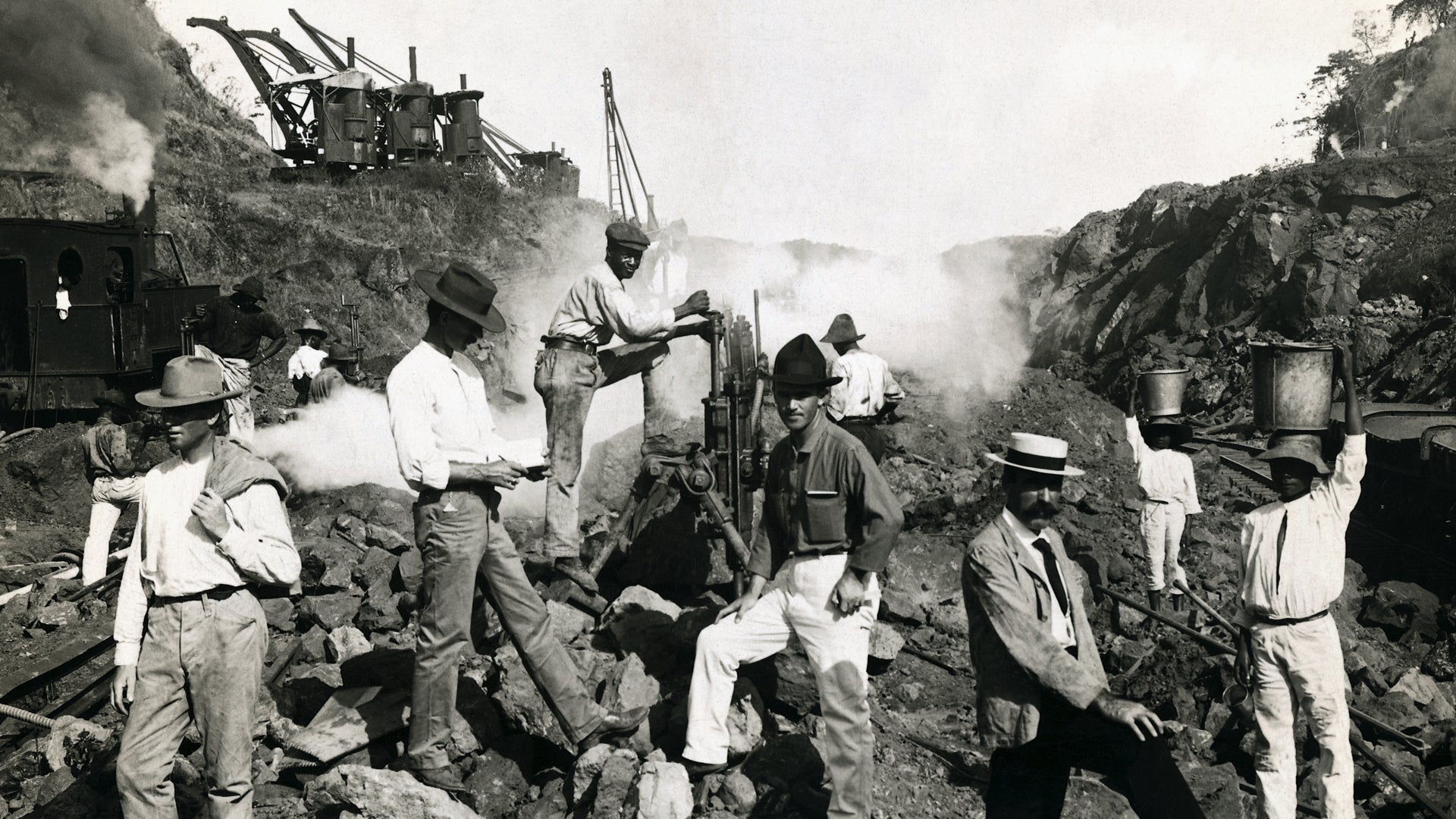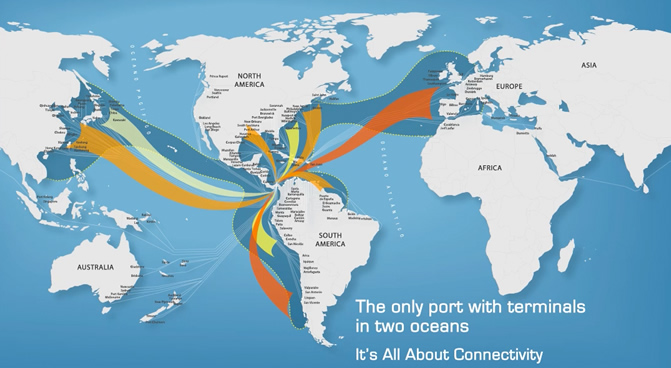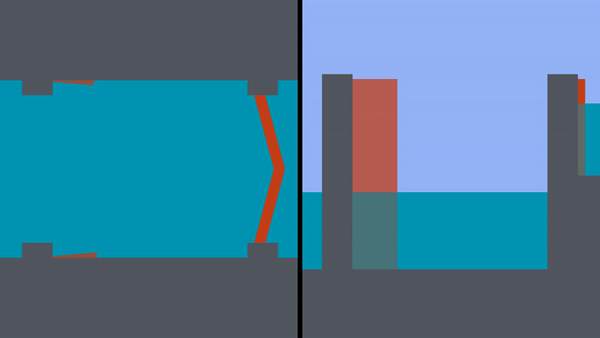The Panama Canal was made by building dams on the Chagres River to create Gatun Lake and Lake Madden, digging the Gaillard Cut from the river between the two lakes and over the Continental Divide, building locks between the Atlantic Ocean and Gatun Lake to lift boats to the lake and another set of locks at the end of the Gaillard Cut to lower ships, and digging a channel to the Pacific Ocean.

A French company headed by Ferdinand, viscount de Lesseps, started to build a canal in 1881 but failed by 1889. The United States, led by Pres. Theodore Roosevelt, negotiated the Hay-Bunau Varilla Treaty, giving the U.S. control of the Canal Zone. Work under U.S. supervision began in 1904, and the Panama Canal was completed in 1914. Tens of thousands of people, mostly labourers from Barbados, Martinique, and Guadeloupe, worked on the project.

Before the Panama Canal was built, ships traveling between the east and west coasts of the American continents had to go around Cape Horn in South America, a voyage that was some 8,000 nautical miles longer then going through the canal and that took about two months to complete. All journeys between the Atlantic and Pacific oceans are shortened by thousands of nautical miles by going through the canal.

A mountain range runs the length of Panama, including through the Canal Zone, though it is lower there. In addition, the tidal levels of the oceans on either side of the Panama Canal differ. Locks raise ships to the level of the lakes (which account for about half the distance of the canal) and then lower them to sea level.

Click here to go back to main page. Go back to the top of the page.